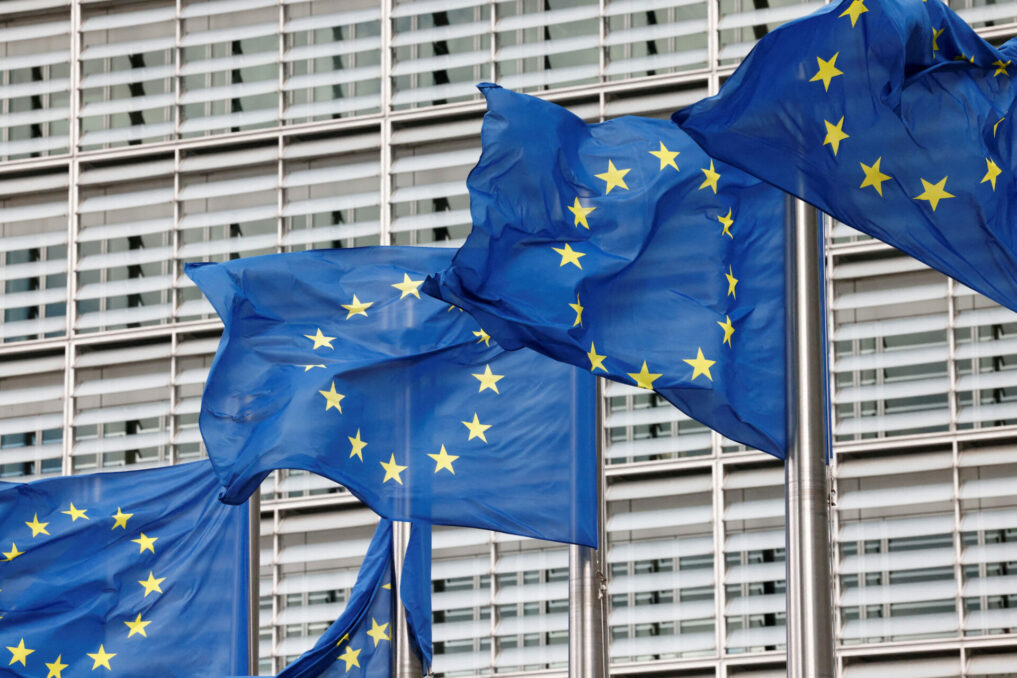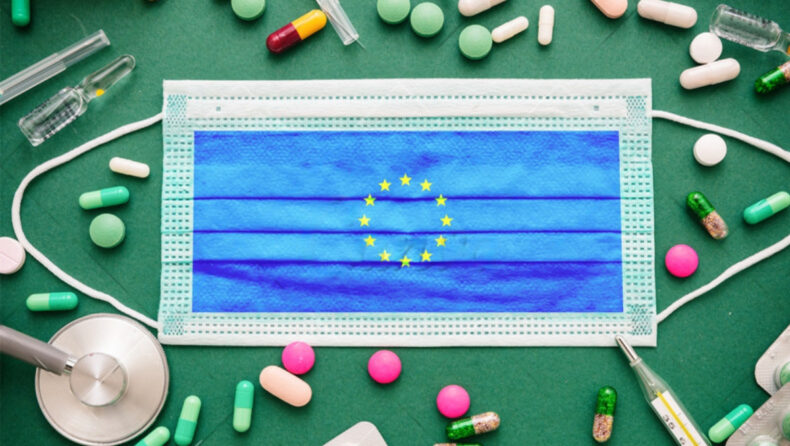India has earned a reputation as the “pharmacy of the world” by producing generic drugs at affordable prices, making them available to developing countries and global institutions. Its thriving generic industry has been a significant factor in international healthcare, particularly in Africa, where it accounted for a fifth of the continent’s drug imports in 2018. However, as the European Union (EU) conducts free trade negotiations with India and other generic drug-producing countries such as Indonesia, the EU’s stricter industrial and copyright protection could jeopardise the availability and affordability of generic medicines in the Global South.
Table of Contents
The role of affordable generic medicines in global health
Affordable generic drugs have played a crucial role in improving global health, a prominent example being the HIV and AIDS pandemic. India’s supply of cheap generic drugs has helped reduce the cost of HIV treatment from more than $10,000 to less than $100 a year, saving countless lives. The success of India’s generic drug industry was made possible because these drugs were developed before implementing the 1995 World Trade Organization (WTO) Agreement on Trade-Related Aspects of Intellectual Property Rights (TRIPS).
Impact of TRIPS on access to medicine
The purpose of the TRIPS agreement was to promote innovation and social benefits for all. However, this tipped the balance in favour of the pharmaceutical industry’s commercial interests at the expense of the availability of affordable medicines. To transform health care, such as developing long-term HIV prevention and treatment drugs, these drugs must be widely available and cheaply through large-scale generic production.
Challenges during the COVID-19 pandemic
The COVID-19 pandemic has further highlighted the limits of intellectual property rights, despite calls from India and South Africa to temporarily waive some TRIPS obligations on COVID-19 drugs, rich countries, including the EU, blocked the proposal after intense lobbying by the pharmaceutical industry.
EU Seismic Reform Package
The European Commission has recognized the potential harm caused by overly restrictive intellectual property rights and has proposed a comprehensive reform package for medicines and intellectual property provisions.

These reforms sought a balance between protection and access to medicines in Europe. However, in trade agreements, the EU continued to demand disproportionately strict protection of intellectual property rights, which exceeded TRIPS requirements.
The catastrophic consequences of TRIPS-Plus measures
Proposals such as TRIPS-plus measures can seriously affect access to medicines in developing countries. For example, data exclusivity delays the availability of cheaper generic alternatives, burdens public health systems, and increases costs. Several countries, including Jordan and Guatemala, have faced difficulties in obtaining affordable medicines due to the TRIPS-plus provisions of trade agreements with the United States.
Condemnation by human rights experts
Human rights experts, including the UN Special Rapporteur on the right to health, have condemned the TRIPS-plus measures. They argue that developed countries should not use such actions to pressure developing countries into trade agreements because they violate the right to health and limit governments’ policies to protect their citizens’ well-being.
Needs a change
The European Parliament recognized the importance of medicines as global public goods and called on the Commission to exclude TRIPS-plus requirements from trade negotiations. A continued supply of affordable generic drugs is critical to global health, including preventing future pandemics. The EU should abandon the TRIPS-plus proposals and avoid them in future negotiations with developing countries.
Conclusion
Availability and affordability of generic medicines are critical for global health promotion and access to life-saving therapy. India’s role as the “pharmacy of the world” has reduced healthcare costs and saved lives. However, the tightening of EU intellectual property rights in trade negotiations with India and other generic-producing countries poses a significant threat to the availability of affordable medicines in the Global South. To put global health ahead of business interests, the EU should reject the TRIPS-plus proposals and focus on ensuring that generic drugs remain a lifeline for developing countries.













